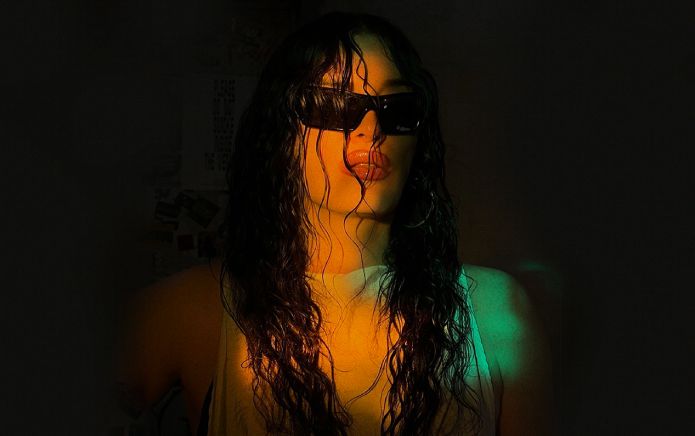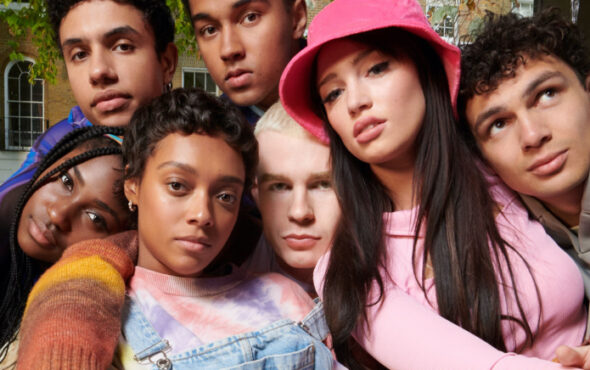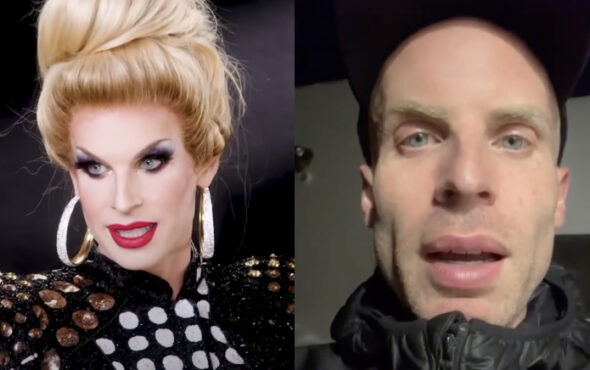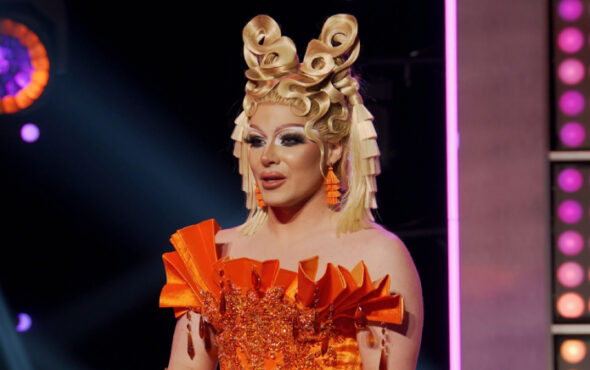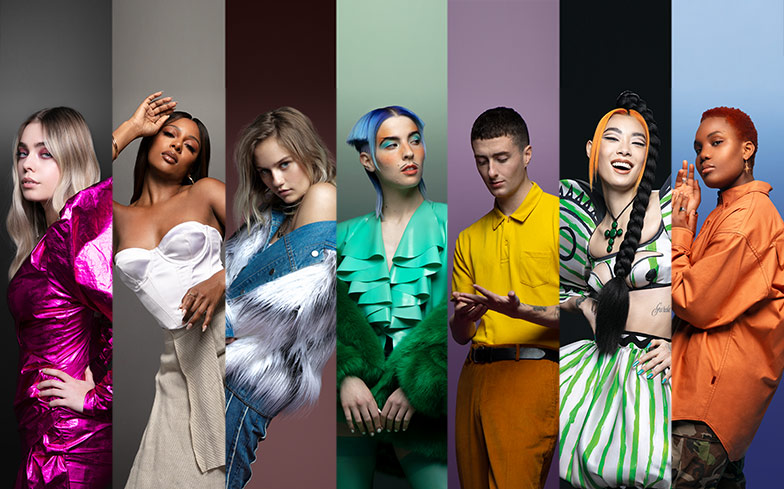
Music is the ultimate form of escapism. Very little else takes you into worlds of your own in the same way.For queer people and the LGBTQ+ community at large, it has offered sanctuary over the decades. Our idols and anthems have created communion amongst us, whether the music has been used as protest, social acceptance, queer visibility or just downright pure entertainment. It has made us feel connected when we have felt alone. Music is part of the fabric of queerness and has been for centuries.
It’s something that has remained at the forefront of GAY TIMES’s editorial mission; celebrating, supporting and applauding the queer pioneers of music who have faced adversity to overcome the greater challenges faced by LGBTQ+ artists. From British band Bronski Beat featuring on one of our first GAY TIMES Magazine covers back in 1984 as they were just breaking through, to the likes of Rina Sawayama, Pabllo Vittar and Kim Petras becoming cover girls just last year, we’ve always prided ourselves on supporting queer artists at the start of their careers and introducing them to new audiences.
It’s why, when a year ago we launched as the first LGBTQ+ media title to become a curator on the Apple Music platform, it quickly became a soaring success. Through curated playlisting, we are able to support emerging and established queer artists while offering our audience the opportunity to discover new music or revisit classic anthems – all through a queer-first perspective. Our flagship playlist, Queer & Now, is updated weekly and it never fails to fill me with pride that not only are there so many LGBTQ+ artists releasing new music, but at the sheer quality of the songwriting, production and power. Queer people make brilliant storytellers because they continuously challenge the status quo. We have learnt in music – time and time again – that artists who take risks, embrace authenticity and embody real human stories in their work, are the ones who inform and influence culture and ultimately instigate real social change.
This outpouring of new queer talent is what led us to launch a campaign that can truly support the work of emerging LGBTQ+ artists. GAY TIMES worked with Apple Music to create ELEVATE as a way of not only celebrating a new generation of queer voices coming through, but platforming their work so LGBTQ+ audiences and beyond can discover, connect and fall in love with their music. But just because it feels like there’s more queer talent than ever before, that doesn’t mean the challenges that LGBTQ+ musicians face have disappeared.
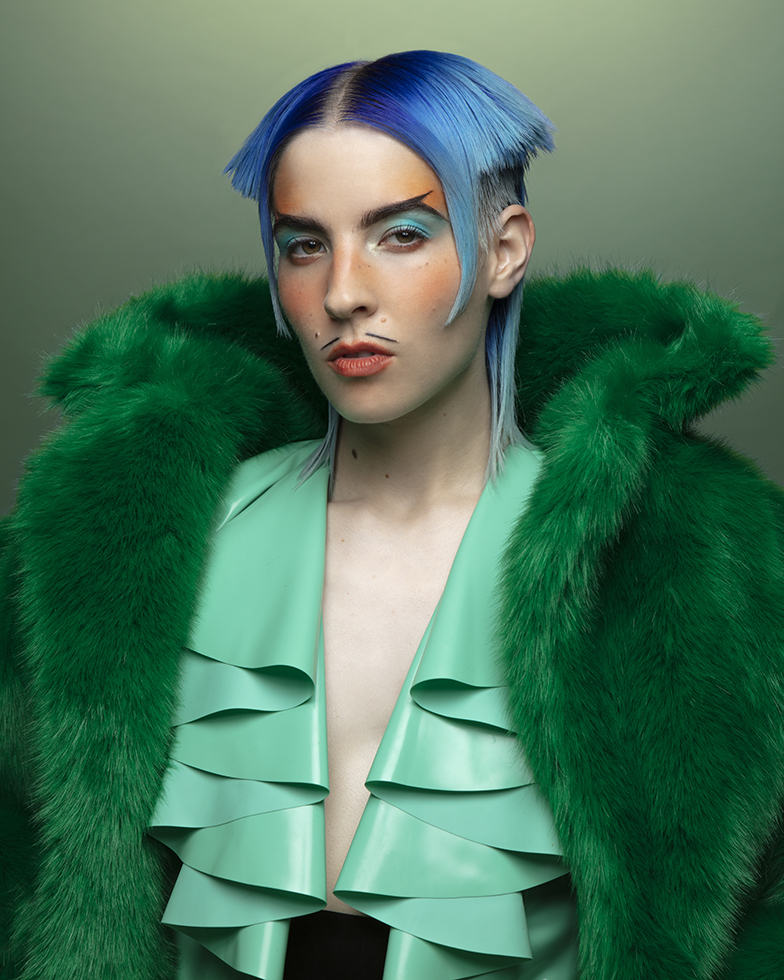
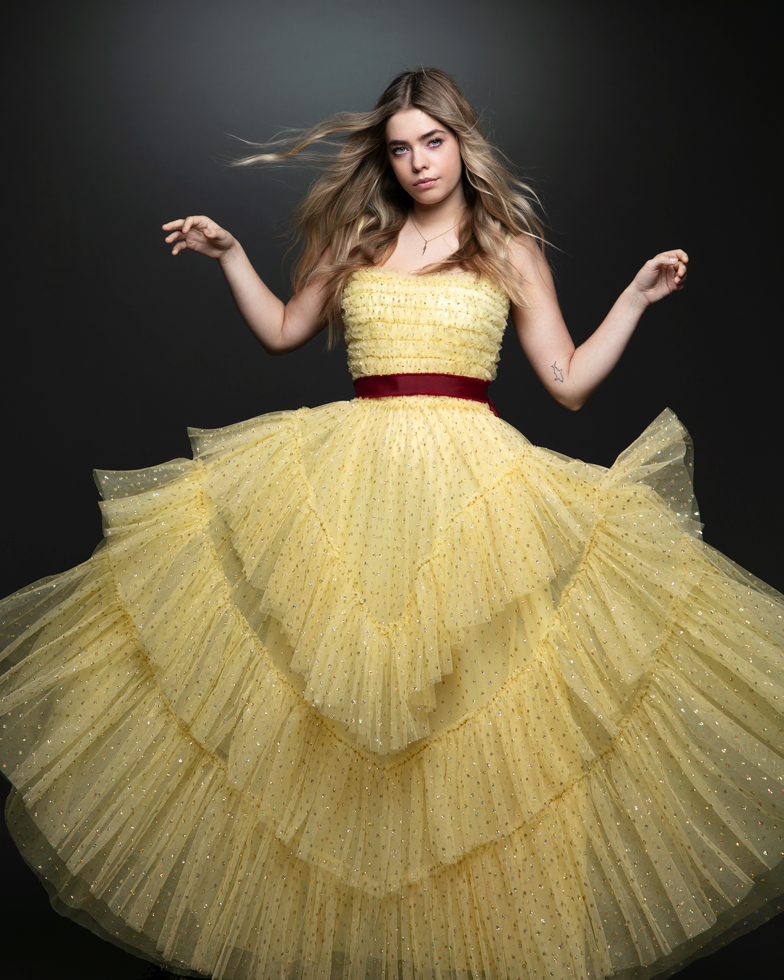
That’s especially true when you consider marginalised communities within the LGBTQ+ family. As part of the campaign we have been committed to making sure there are a diverse range of voices we are supporting. From the macho-mocking humour of non-binary artist Dorian Electra’s punchy pop, to the poetic storytelling of Arlo Parks, there’s incredible music that deserves to be spotlighted from all corners of the community, and certainly across all genres in music.
“It’s so important that big institutions, publications, and corporations come together to help support queer talent and give them access to platform and audience in a major way,” Dorian tells us when we catch up with them a few months after the launch of their ELEVATE campaign. “It sets an example for the rest of the music industry in terms of expanding inclusivity.”
Rising singer-songwriter L Devine – who was our Elevate artist in January – agrees with that fact. “I think it’s so great that Apple Music have come together with GAY TIMES on the ELEVATE campaign,” she says. “It’s so special to see one of the biggest streaming platforms offer so much support to the LGBTQ+ community. It also allows listeners in the community to easily find new queer artists, which is so important to me.”
Not only is it important for queer people to see themselves represented in the mainstream, but it’s imperative for society as a whole to be exposed to the many different identities that make up humankind. “Queer artists deserve the same love and support that any other artist would receive,” Carlie Hanson – who was our ELEVATE artist in December – tells us. “The more often that we, as a society, see huge platforms supporting queer artists, the more normalized it will be to see an LGBTQ+ artist on a billboard or as the face of a huge playlist.”
We’ve said it before and we’ll say it again: visibility matters. That young queer kid who feels alone and doesn’t understand that what makes them different is what makes them special needs to hear voices that resonate with them. It’s imperative to their sense of being and for them to know as early as possible that being LGBTQ+ isn’t bad – in fact, it’s quite the opposite.
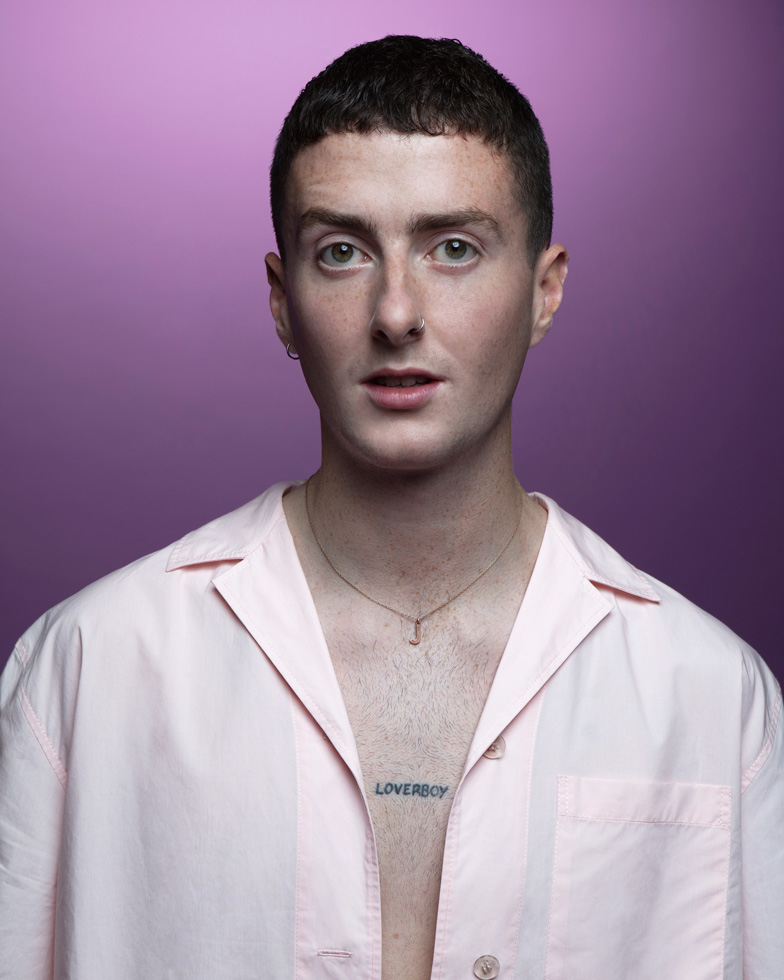
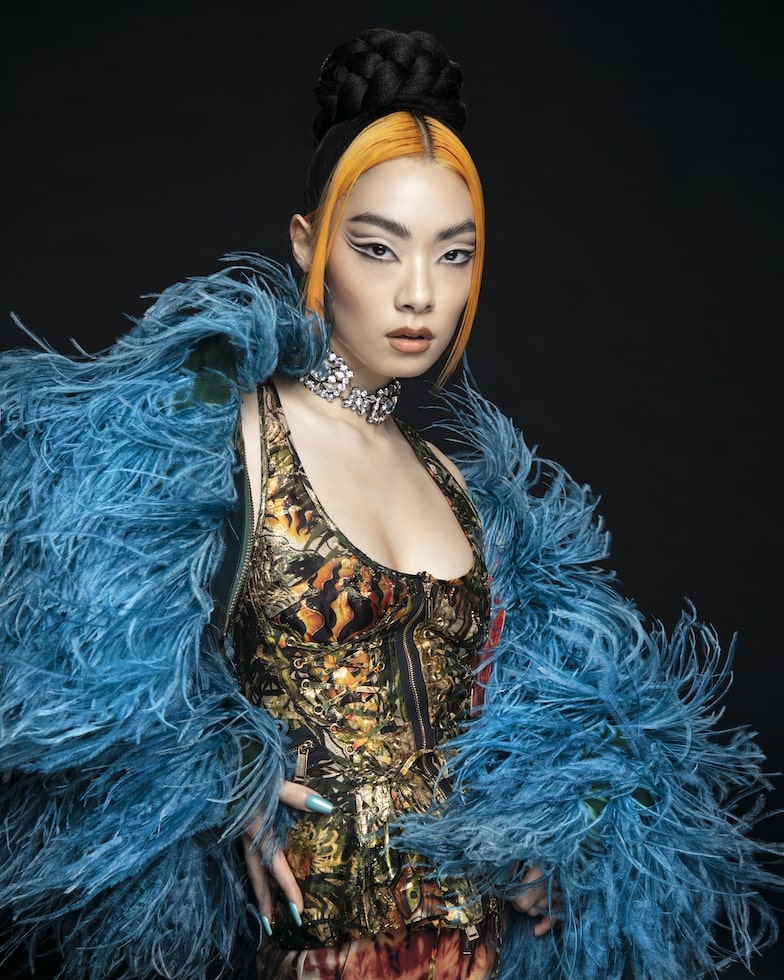
When we first got a preview of Glaswegian singer-songwriter Joesef’s debut EP, Play Me Something Nice, last summer, we knew instantly that he was a queer voice to listen out for. He became our first ELEVATE artist back in October, and being able to support and platform his honest and vulnerable brand of DIY soul was the perfect way to kickstart an important campaign like this. His track Kerosene touches upon his first electrifying same-sex romance, with its stolen kisses, youthful hypnotism and human connection. Coming from a working class background in Scotland, Joesef was all too aware that his was a queer voice that could help others like him. “It’s just been a big thing for me,” he told us during his ELEVATE interview. “Just be honest – especially with things like that. I’m from a housing estate, and so if any wee boy from there can see himself in me, that can only be a good thing. I never really had any kind of role models like that. I’m not saying I’m a role model, but I feel like it’s important to be honest about who you are because you might inspire other people to be honest as well.”
Since that interview last October, Joesef’s career – unsurprisingly – has taken off. His debut EP was well received by critics, he was shortlisted on the BBC’s Sound Of 2020 annual list, and his music is reaching more people than ever before. “I played my biggest show in my hometown to 1300 people and it sold out, which was mad,” he added when we caught up with him recently. “I also sold out shows in Europe, which blows my mind. You never think anybody outside your hometown is even listening.” Voices like Joesef’s are vital in music, so long may his ascension continue. And if his latest single The Sun Is Up Forever is anything to go by, it’s all but inevitable.
Another artist who’s having a great 2020 (considering the global situation right now – more on that in a bit) is Rina Sawayama. Her debut album SAWAYAMA was as complex and rich as her intersectional identity as a British-Japanese pansexual female. Of course, owning and celebrating her identity and the community she is a part of informed her music massively, with a bit of nu metal thrown in for good measure. Fans and critics alike devoured every last second of the record. You couldn’t scroll through social media without seeing another glowing review, and it was justly deserved.
“There’s no references to heteronormativity or heteronormative love on this album,” Rina told us during her ELEVATE interview back in March. “I’m just… very bored by it.” Challenging the norm is what makes SAWAYAMA so interesting and exciting. Not only were Rina’s influences and references pushing against current pop trends, but the songwriting is cheerlead with purpose and authenticity. “You only get a debut album once,” she told us. “I want to see a bit of a change in the musical landscape and I wanted to be a bit tongue-in-cheek. I’ve always wanted to make songwriting better.”
Tackling heteronormativity and damaging stereotypes is something that our February ELEVATE artist, Victoria Monét, has been doing through her own songwriting. For her latest single Dive, she puts female sensuality centre-stage, resulting in a soul-dripping empowerment anthem. “Because I’m really feminine, a lot of people would assume that either I like women for some weird fantasy, or that I’m just straight and if I get drunk enough I’d kiss a girl, and all these little stereotypes that people portray and project onto you,” she told us earlier this year about her bisexuality. “But I’m just glad that now there’s no confusion because I said it clearly, I’m not trying to hide it all. I think it was a really good thing for me to be able to release and get past and let people know.”
This openness is something queer artists are embracing more comfortably and proudly, hopefully inspiring further LGBTQ+ artists to feel confident to create and perform as who they really are. “There’s going to be this domino effect of people who start to be open and honest about themselves,” Victoria told us. “I think now it’s the media’s turn. We’re standing with numbers and we can’t be defeated as there’s so many of us. It definitely feels like a comradery and a group effort and I believe more people will feel more comfortable as time goes on. Even if you look at the amount of TV shows that give you some representation, people don’t have a choice but to see it now. You can’t hide us anymore. Entertainment alone is saying, ‘We’re going to be who we are, you’re going to have to deal with it, you can’t box us out of this, we’re amazing creators and we’re here to stay, and we’re going to let you know that.’”
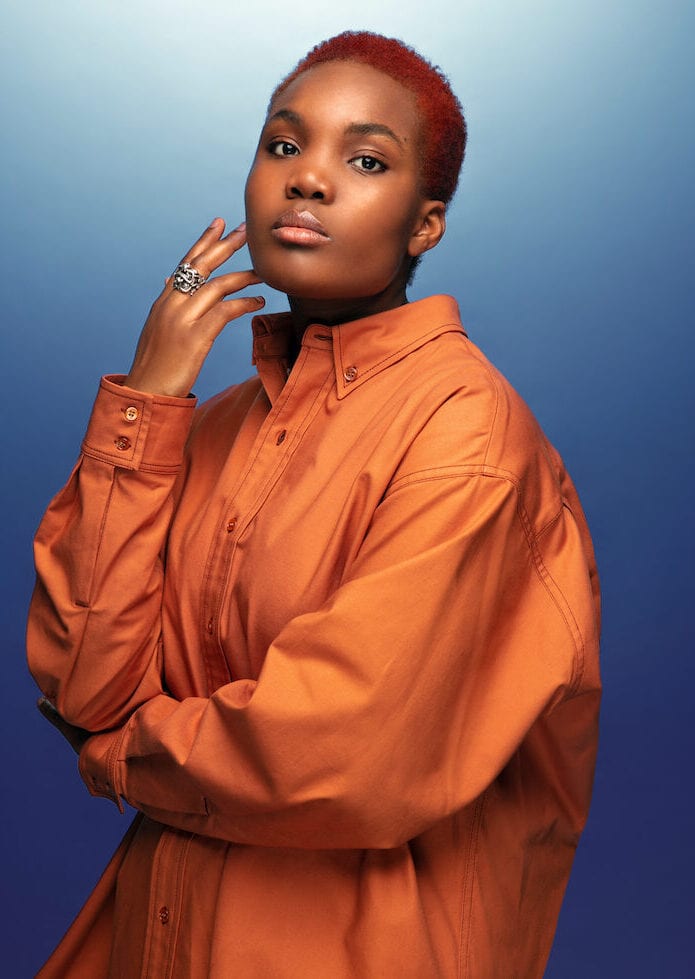
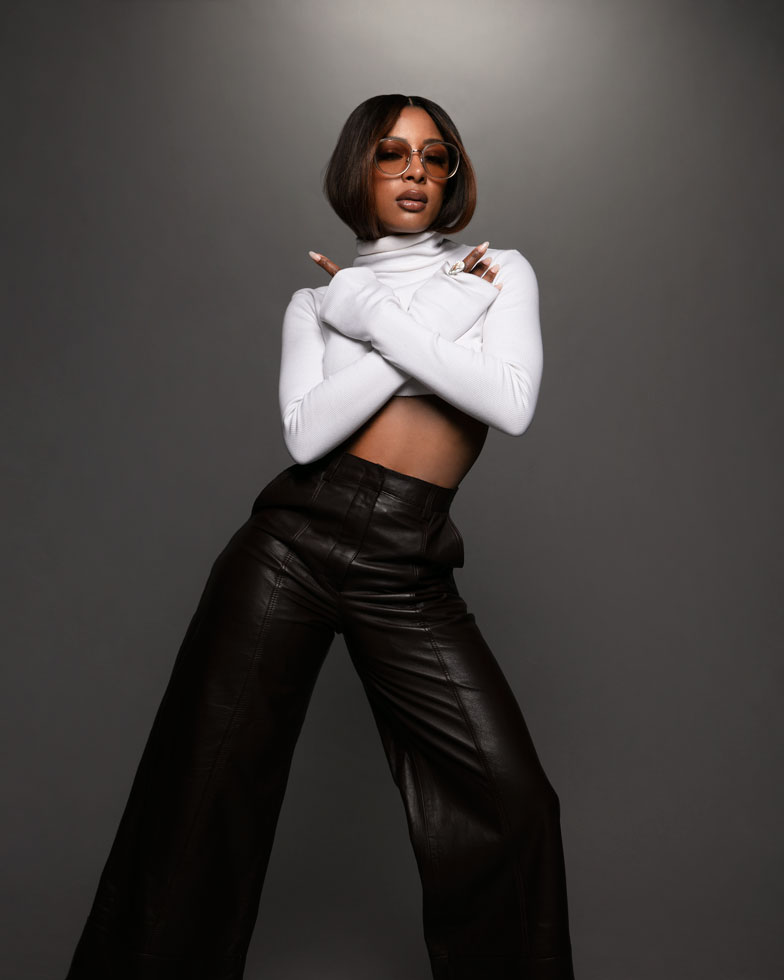
It’s something that our latest ELEVATE artist, Arlo Parks, is incredibly passionate about. At such a young age, this poetic storyteller has been releasing music that resonates with a new generation of youth willing to be more honest about how they really feel. Her new single Black Dog deals with mental health issues with a raw and poignant lyric – something LGBTQ+ audience will likely connect with. “Artists have a platform, and for people to see young queer artists being so open and comfortable in their skin is so important; to inspire those young people who feel uncomfortable or ashamed,” Arlo told us. “It’s being a role model, especially in 2020 where there’s so much chaos. People being openly who they are is more important than ever.”
During these uncertain social distancing times, feeling connected is more important than ever. People have found themselves struggling with the immense stress the global pandemic has placed on society. It’s where the power of music to escape or resonate with people is at its most crucial. “I’ve had people saying my songs have helped them through times of anxiety or helped them when they were alone,” says Arlo. “My music is so open and personal that it invites those same kinds of open people in.”
As large parts of the world went into lockdown in response to the spread of the novel virus COVID-19, like our everyday routine, all of the music industry’s plans for the year were thrown into disarray. As an emerging artist trying to get your work out there it’s a challenging enough industry as it is, let alone having your whole touring schedule postponed. That’s exactly what happened to L Devine, who should have been playing headline shows throughout Spring following the success of her recent single Boring People, as well as the release of her new track Don’t Say It. But her reaction was to bring it to her fans online through her virtual URL Tour, which saw her play sets on different social platforms. “It went down really well,” she tells us. “I definitely learned the value of intimacy with fans through that. Staying connected to them is really important to me.”
During this time, many artists have rediscovered the beauty of DIY songwriting, ditching professional recording studios for home set-ups, and multi-camera music video sets for point-and-shoot filming on handheld devices in their backyard. That has certainly been the case for Dorian, who has been working on new material to hopefully release later this year. “It’s forced me to embrace a grittier, more home-made aesthetic for a couple of upcoming projects that I actually feel like fits really well,” they told us. “It’s pretty refreshing to feel aesthetically and artistically challenged in that way.”
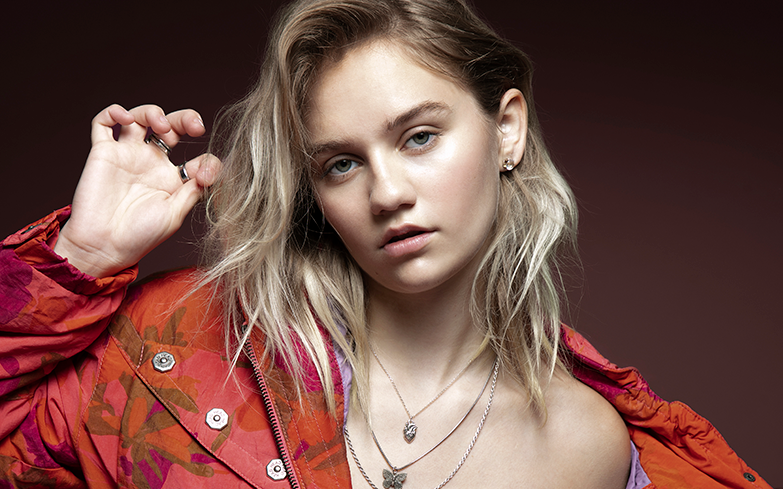
For Carlie, she is taking the time off to develop her craft and make sure she has plenty of material for her fans when social distancing measures start to lift. “I’ve finally set up a home studio, so I’ve been learning how to produce on my own,” she tells us. “I’ve gotten much better at guitar, and I’ve been writing in my journal almost everyday. I’ll scribble down little ideas for songs, or write pages of thoughts that have been circling through my head during this weird time. Now, I’m just planning on releasing more music for the next few months. Gotta keep the fans fed!”
We currently live in uncertain times and no-one really knows when normality will resume, but our commitment to supporting and platforming emerging LGBTQ talent will continue. Despite lockdown and social distancing measures meaning festivals and tours have to be put on hold for a while longer yet, there are plenty of ways you can enjoy and discover some of the most exciting new queer talent around. Whether it’s listening to their music on streaming platforms, connecting with them on social media, or sharing their material on your own feeds, we can all support and celebrate queer voices breaking new ground. And when the time comes, we’ll all be more than ready to sing along with them at their gigs, dance to their performances at Prides, and experience their music when, at long last, we can come together once again as a community.
